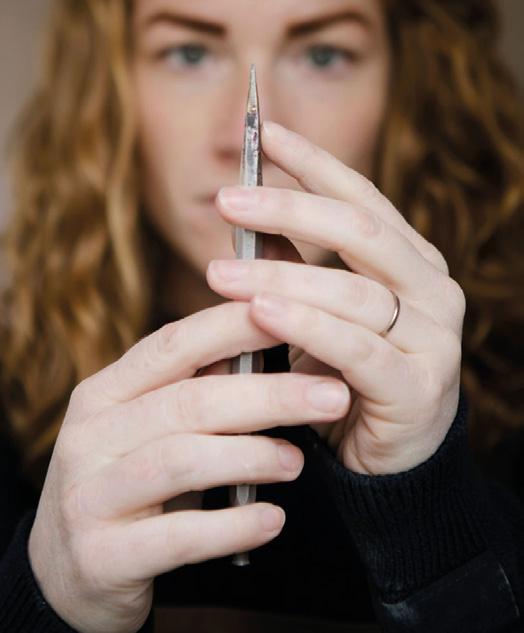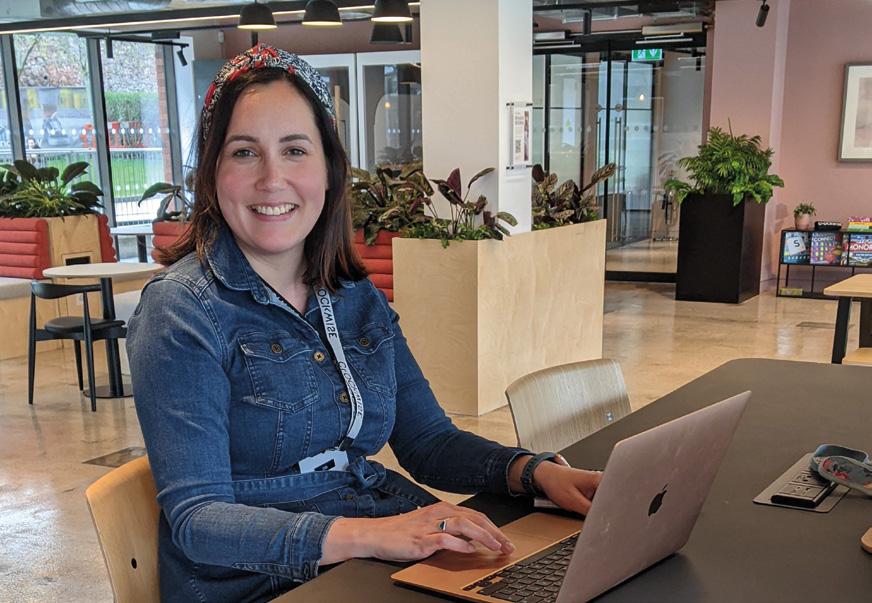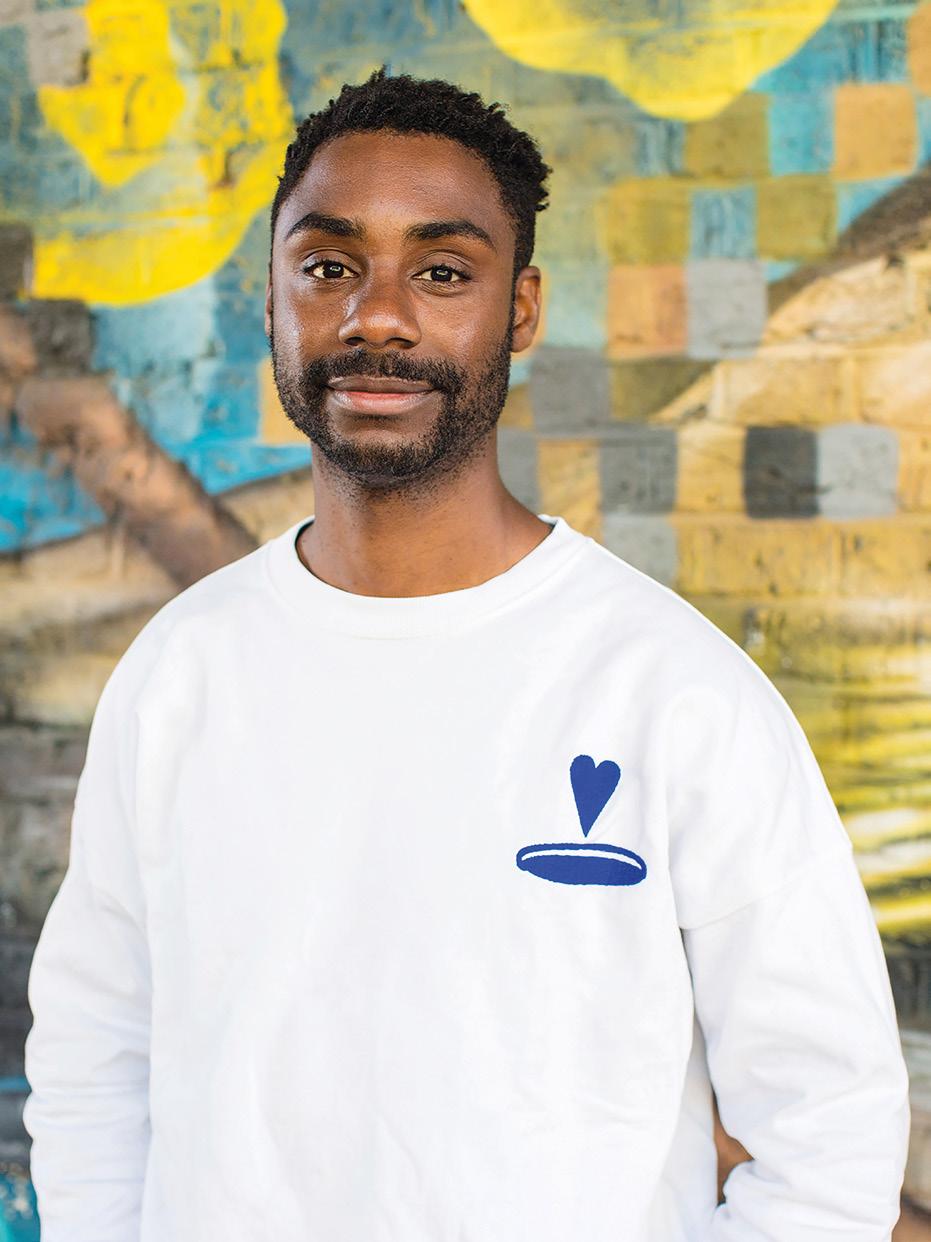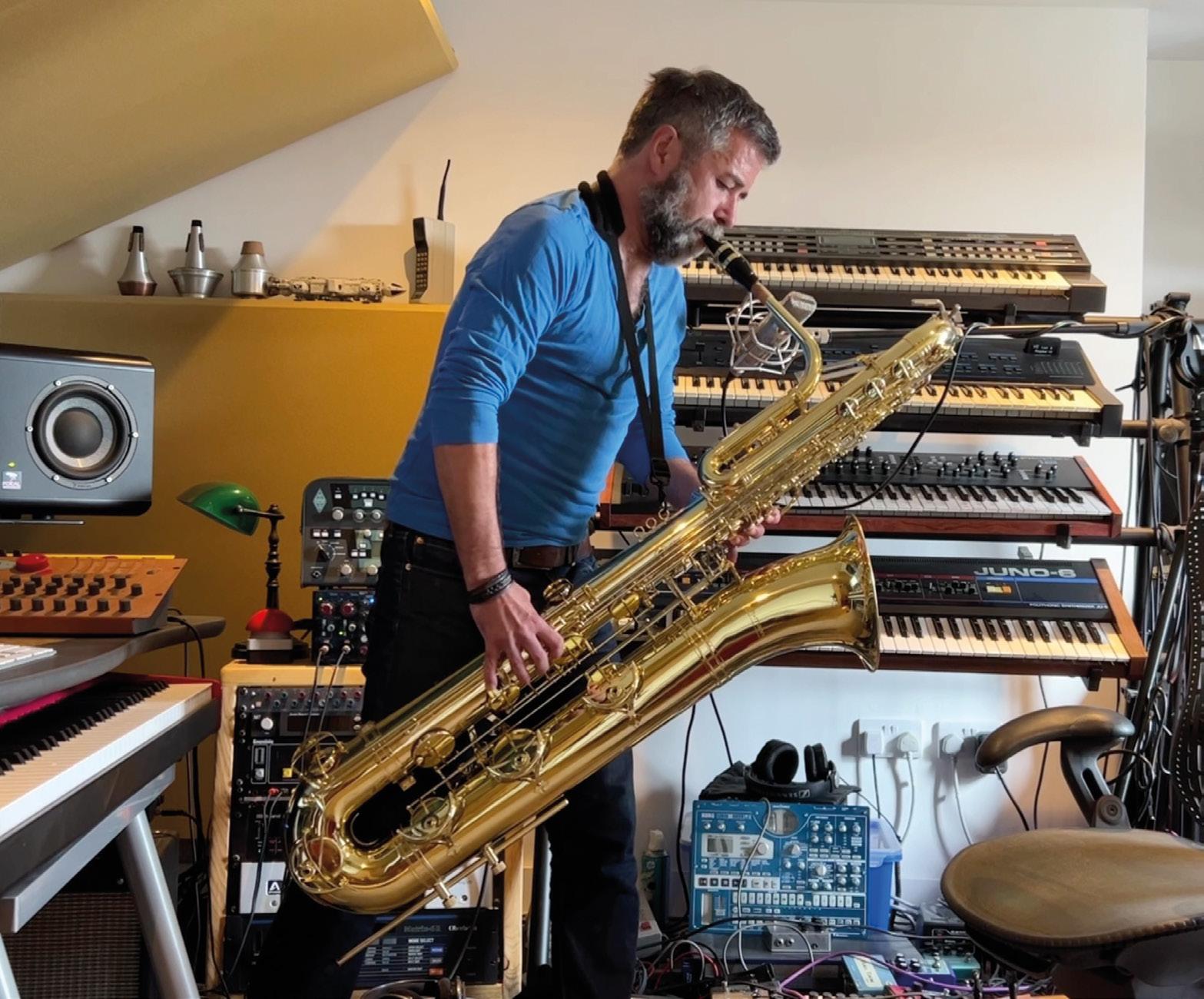
4 minute read
What’s The Deal With Our Disappearing Focus?
Before your attention wanders and you reach for your phone, let’s talk about how the constant stimuli on phones negatively impact your productivity and creativity.
Is that quick social media scroll really worth
Advertisement
it?
Is your phone in a drawer, another room, or silenced and turned down so you can read this article? If so, you’re not alone.
Most of us can’t wholly focus on one single task anymore. No — we’re all continuously craving more and more stimuli. Whether it’s picking up our phones to check messages, refresh emails, or see a few hundred new 10-second videos, our attention spans are deeply fragmented now.
And not to sound like a boomer, but our phones are mostly to blame.
How do you work?
Do you need some quiet classical or lo-fi music playing in the background? Or do you need frequent breaks during which you pick up your phone to scroll through your [insert chosen social media platform] feed?
Few of us can focus entirely on the task at hand without needing additional stimuli now. It’s a phenomenon so rare (or so it seems) that we’ve coined terms to help us get into a “flow state” or to do “deep work.” Some of the biggest email providers and operating systems on your phones and laptops have even begun offering “Focus Mode”, which allows you to snooze notifications (reducing the aforementioned stimuli, aka push notifications).
All this so you can get back your “stolen focus.”
The slow, continuous destruction of our attention spans affects two important things — our productivity and our creativity.
When chasing productivity becomes a distraction
It’s fairly obvious how our productivity suffers when we can’t focus. Sometimes it takes you way longer to finish a task, affecting your deliverables and deadlines. Other times, your fragmented attention causes you to miss typos, errors, or tiny mistakes that can negatively affect your project.
Research shows that it takes us almost 25 minutes to get back to the same level of focus we had before something interrupted us. This means every single time you pick up your phone to scroll or get distracted by an incoming message notification, your focus resets to zero.
As a society, we’re growing increasingly obsessed with productivity (haven’t you seen the numerous hacks, apps, trackers and whatnot that promise to improve your overall output?). But sometimes, this chase for “complete, consistent productivity” causes us to stumble. After all, despite everything you can do to “game” your productivity, there’s a global slowdown in productivity levels for a reason.
Chasing total productivity is a massive distraction and something that adds to the list of things stealing your focus. A simple paper checklist is one thing, but when you need to go through a complex system of apps and websites to check off a task on your to-do list, you risk distracting yourself online and simultaneously wasting time that you could use to rest properly in between tasks.
We lose momentum and morale whenever we recognise we’re not productive (or productive enough). And more often than not, when we stumble, we pick up our phones to scroll for a bit and feel better — increasing the number of stimuli we need to finish a task.
Amidst all this, we don’t even realise the mental and cognitive load we put on ourselves when we try to balance high productivity and distractions. Everything that demands your attention (yes, even a really quick 5-min scroll) impacts you.

This is why it’s so important to properly distinguish what’s work and what’s rest. The (almost involuntary) breaks you take to check social media aren’t rest breaks — your brain is still working and struggling to get back to the task. Burnout happens when the lines are blurred, and you don’t recognise that distractions aren’t rest.

So, what can we do to regain our focus?
On one of the massively popular social media sites, someone suggested using “The Chair” to help you be more productive. The idea is that if you don’t feel like working or, for some reason, keep getting distracted by other things and not focusing on your task, you sit on a chair kept in the centre of the room. You can’t bring your phone with you.
You can sit on the chair for as long as bored, we can’t come up with genius ideas to eliminate that boredom. you want. But, mostly, you’ll sit there until you get bored.
Creativity flourishes when we’re wellrested, bored, and interested enough to do things, try something new or upend an current way of existence. When you’ve hit all three of these needs, it’s easy for you to enter your “flow state” aka, your “happy state” and focus on creative, useful, deep work.
Despite what the many, many books and articles tell you, another app or website to “track your time/activity/focus session” is not the solution. That might either be Sellotape on a wall crack or gasoline on a growing fire.
And that’s where the magic lies — boredom.
We’ve lost the ability to get bored now. Every moment of every day, we have something we can focus on. Our phones bring the entire world into our palms — we no longer need to dwell on our thoughts and ideas.
In fact, in time, we might even stop having them.
This continuous onslaught of distractions also negatively affects our creativity. When we don’t have time to get
The only thing you really need to start working on eliminating distractions is awareness. When you’re more aware of the times you reach for your phone in the middle of a task, a conversation, or whatever you’re doing, that’s when you’ll be able to try stopping. Most of the time, we pick up our phones fairly involuntarily, unconsciously responding to our demands of growing stimuli.
Making it a conscious choice can help us re-focus on what’s important.
[The author of this article was tempted to pick up her phone at least 30 times as she wrote this article. This article was also written to continuous music — no one’s immune to the slow, ongoing destruction of our attention spans.]
Nia Carnelio is a freelance writer and book marketer, working with clients across B2B tech, SaaS, eCommerce, and publishing. Find Nia on LinkedIn at /Nia-Carnelio
Miguel d’Oliveira is a composer writing music for film and TV. At the moment, he is mainly working on documentaries for the BBC and Channel 4.










